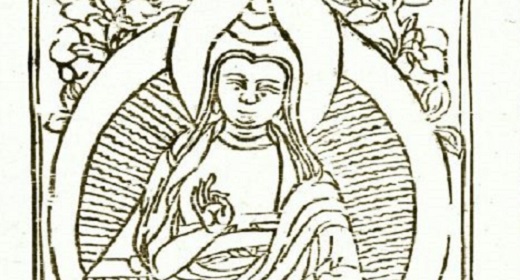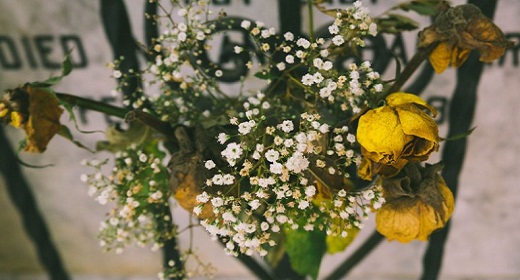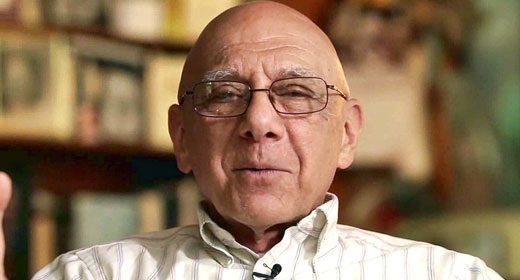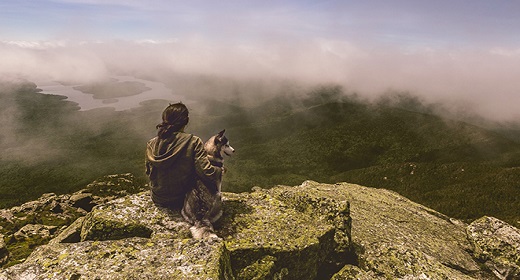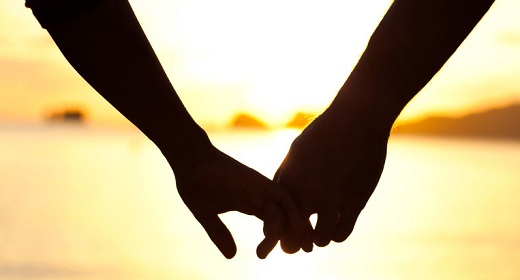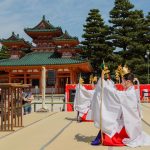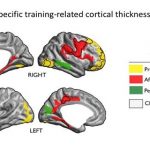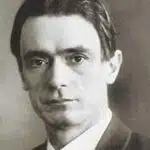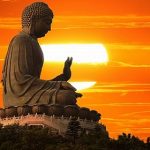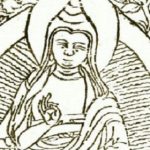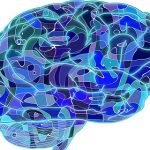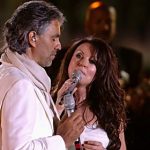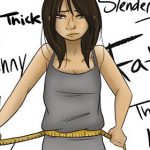by Dr. Alberto Villoldo: Nonsuffering is the second of four practices designed to help us better understand and experience The Way of the Hero…
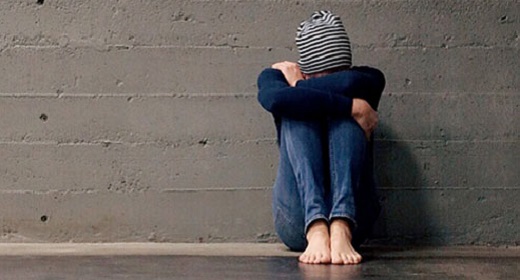
When we practice nonsuffering, we do not write stories about our pain; because when we wrap a story around the facts, suffering happens. At some point, we are all going to lose a parent, a romantic partner, or a job. When the facts are hurtful, of course we will feel that pain, but we shouldn’t spin these facts into a dramatic yarn. For example, when you tell yourself “Now I am left motherless, with no one to look after me,” others will see you as walking under the sign of the motherless child.
After losing someone we love, it’s only natural that our feelings of sadness will be triggered now and again. We can experience this sorrow and write a heroic tale that makes the pain an important part of our healing, or we can write a story that results in our remaining trapped as a victim and dooms us to even greater misfortune. We can think, “I loved him so much. He brought so much to my life, and I’m grateful for that. I really enjoyed having that kind of a relationship with another human being, and I’d like to have a relationship like that again.” Or we can keep telling ourselves, “I can’t believe he died. It’s so unfair. I’ll never get over this.” The first story promotes healing, while the second promotes suffering.
Often we decide how big our story should be by taking a cue from others, in the same way that when a small child falls down, he instantly looks up at his mother, as if to ask, “How upset should I be? Was this a bad fall?” He then creates a story that fits the intensity of her reaction. Similarly, we surround ourselves with friends who will sympathize with us—but in doing so, we allow them to collude in our story of victimhood, and even enhance it. They may tell us that we ought to be more than just irritated at our situation, we should be furious. Or they might say that we deserve to feel absolutely awful or deeply resentful. Either way, with their encouragement, we script a dramatic story of being taken advantage of, mistreated, and misunderstood.
Buddha came to teach us that while suffering is a universal human condition, it isn’t necessary. That doesn’t mean pain doesn’t exist—it’s inevitable because we all have a nervous system that feels fire and loss. As I tell my students, if you want to understand the difference between pain and suffering, try the following: While you’re standing under a nice hot shower, turn the faucet toward cold, but do it in two steps. First, lay your hand on the faucet and notice your body recoiling in anticipation—this is suffering. Then when you suddenly turn the faucet to cold, what you experience is pain. You see, misery and anguish happen when you think about how cold the water is going to be and how much it’s going to hurt when you feel it hitting your skin.
When a dentist administers a local anesthetic, he can remove a tooth and we won’t feel any pain. However, we’ll still experience a sensation of pulling or pressure. We should be able to completely relax, knowing that we aren’t aching, but our mind wants to start thinking about the experience: “That’s the sound of the drill,” and “He’s actually removing my tooth from my mouth!” We get nervous and uncomfortable because we’re creating a story around pain that we aren’t even feeling.
Every story is a self-fulfilling prophecy. Once you let go of suffering, you can stop learning your lessons through traumas, conflicts, and bad luck—and begin to learn directly from knowledge itself.
When we practice nonsuffering, we embrace the facts of our life and the lessons that are there to teach us. We make ourselves available to learn directly from the infinite wisdom of the universe, so that we no longer have to endure the same misfortunes again and again. It’s imperative however, that we do learn our lessons, or we’ll end up perpetuating our own misery. In the East, this is known as breaking the cycle of karma and stepping into dharma. The Laika call it practicing “bliss.”


